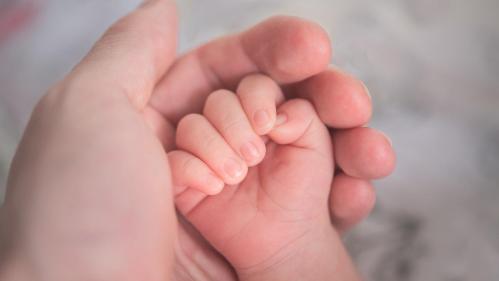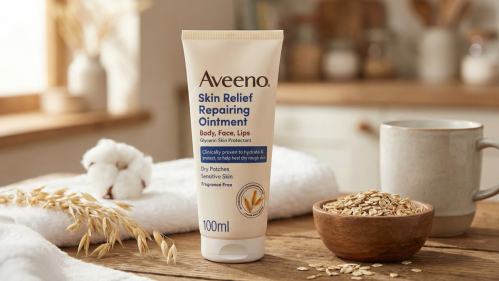Babies are susceptible to the bacteria that cause diarrhoea and vomiting, so parents are encouraged to sterilise bottles and breast pump equipment until the baby is one year old. Generally babies are started on solid foods at about six months of age. Feeding utensils such as bowls, plates and spoons may be cleaned using your usual method of washing up.
Dishwashers will not always heat to high enough temperatures to kill all bacteria. It is advised to sterilise the bottles after washing in the dishwasher. If you rely solely on the dishwasher, you will need to run a hot programme with a minimum water temperature of 80 degrees centigrade. The bottles need be filled with formula immediately since the dishwasher does not leave them completely sterile.
Sterilising the baby's bottles may seem pointless when they are crawling on the floor and putting everything they find into their mouths, but the bacteria that tend to stick to milk curds can be very dangerous (more so than the bacteria kids find on the floor).
The water that you use for the baby's formula also needs to be sterilised to prevent illness caused by any bacterial contamination. Bacterial infections can cause severe diarrhoea, especially in the first two months. Boiling water for more than one minute can concentrate other contaminates in water. The water from taps in the home may also contain lead, arsenic, petroleum products and pathogens that are below allowed government/EU 'safe' levels but could still pose a risk for babies. Tap filters do not eliminate all microbes. Rural wells also run the risk of contamination from agricultural runoff. These wells should be tested often to maintain safety standards.
The risk for bacterial infection is greatest during newborns' first two months of life and longer for premature or ill babies. The World Health Organization (WHO) recommends that sterile liquid formulas or powdered formulas reconstituted with boiled water be used for high risk infants. The European Society for Paediatric Gastroenterology and Nutrition (ESPHAGN) recommends that, since powdered formulas are not sterile, they be prepared fresh for each feeding and any leftover discarded.
Dishwashers will not always heat to high enough temperatures to kill all bacteria. It is advised to sterilise the bottles after washing in the dishwasher. If you rely solely on the dishwasher, you will need to run a hot programme with a minimum water temperature of 80 degrees centigrade. The bottles need be filled with formula immediately since the dishwasher does not leave them completely sterile.
Sterilising the baby's bottles may seem pointless when they are crawling on the floor and putting everything they find into their mouths, but the bacteria that tend to stick to milk curds can be very dangerous (more so than the bacteria kids find on the floor).
The water that you use for the baby's formula also needs to be sterilised to prevent illness caused by any bacterial contamination. Bacterial infections can cause severe diarrhoea, especially in the first two months. Boiling water for more than one minute can concentrate other contaminates in water. The water from taps in the home may also contain lead, arsenic, petroleum products and pathogens that are below allowed government/EU 'safe' levels but could still pose a risk for babies. Tap filters do not eliminate all microbes. Rural wells also run the risk of contamination from agricultural runoff. These wells should be tested often to maintain safety standards.
The risk for bacterial infection is greatest during newborns' first two months of life and longer for premature or ill babies. The World Health Organization (WHO) recommends that sterile liquid formulas or powdered formulas reconstituted with boiled water be used for high risk infants. The European Society for Paediatric Gastroenterology and Nutrition (ESPHAGN) recommends that, since powdered formulas are not sterile, they be prepared fresh for each feeding and any leftover discarded.



